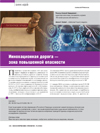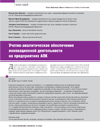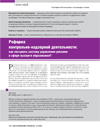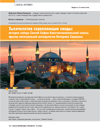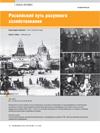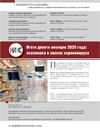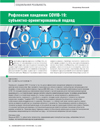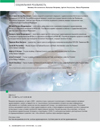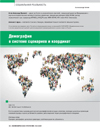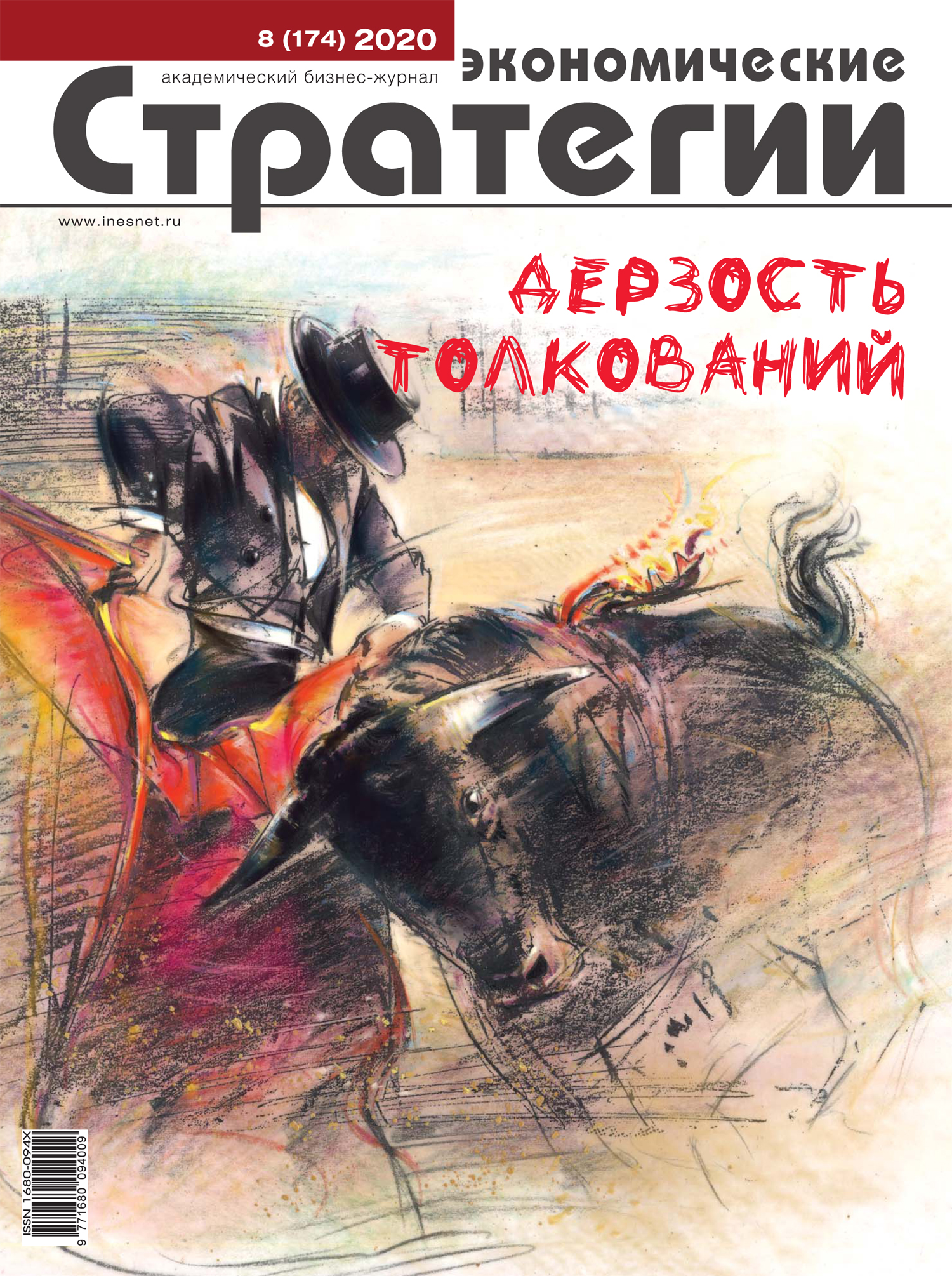
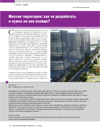
DOI: 10.33917/es-8.174.2020.126-135
There is no generally accepted definition of a territory’s mission either in Russia or abroad. So is it worth including a mission in the strategy of socio-economic development of a territory and what definition of the mission is better to choose? To answer these questions, a content analysis of Russian and foreign definitions of the territory’s mission has been carried out, from which common units of meaning were identified.
It was established that a number of semantic units in definitions of the territory’s mission and the mission of organization coincide. However, from the point of view of the mission statement, there are a number of significant differences between a territory and an organization, which makes some definitions of the territory’s mission hardly applicable in practice.
Conclusion is made: it is better to define the territory’s mission through its role in the external environment, functions and unique features of the territory. The article examines advantages and disadvantages of alternative options: not to develop a mission at all or to develop it in a purely formal way. Practical recommendations on developing a territory mission, examples from Russian and foreign experience are given
Продолжить чтение



